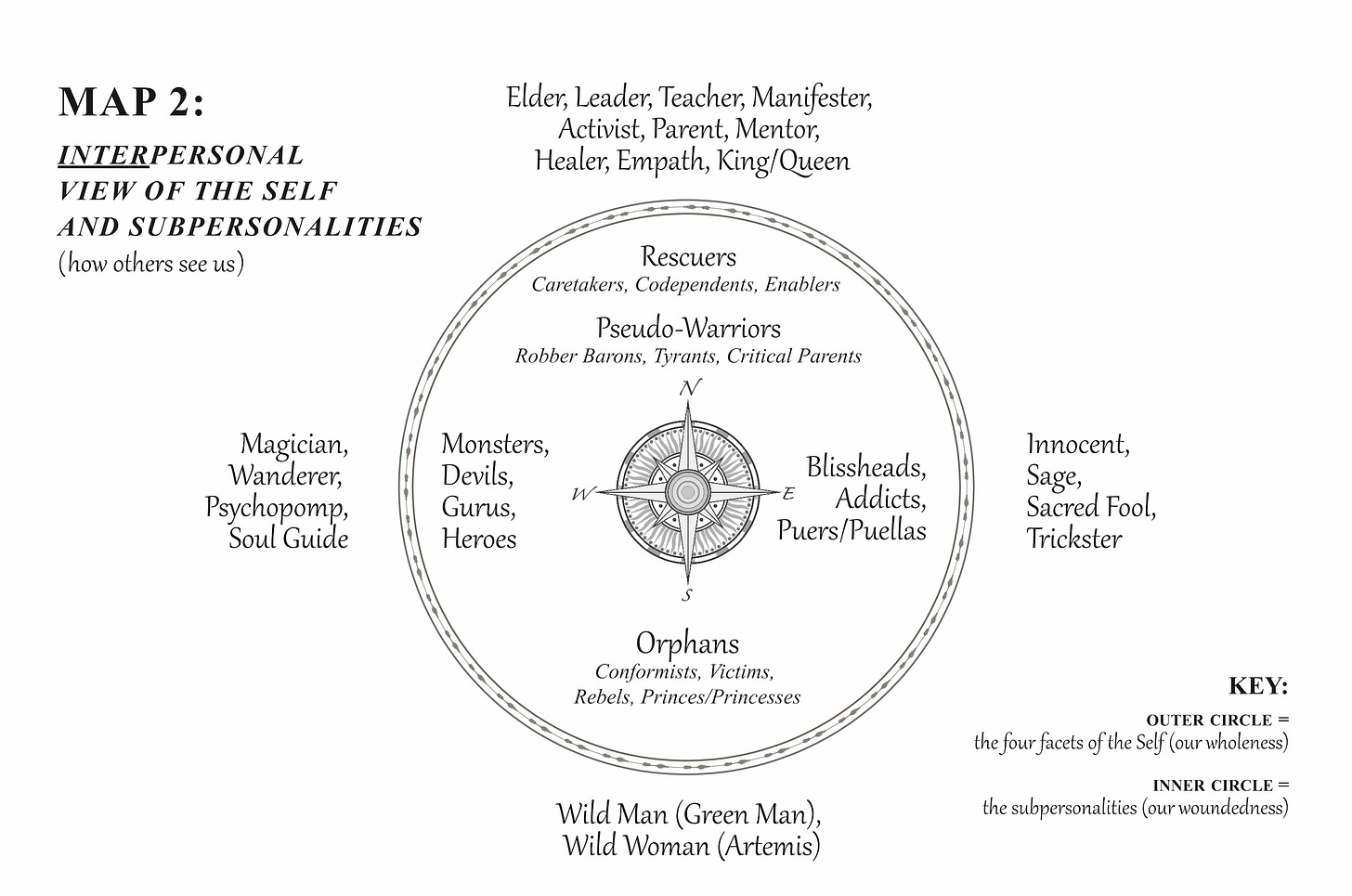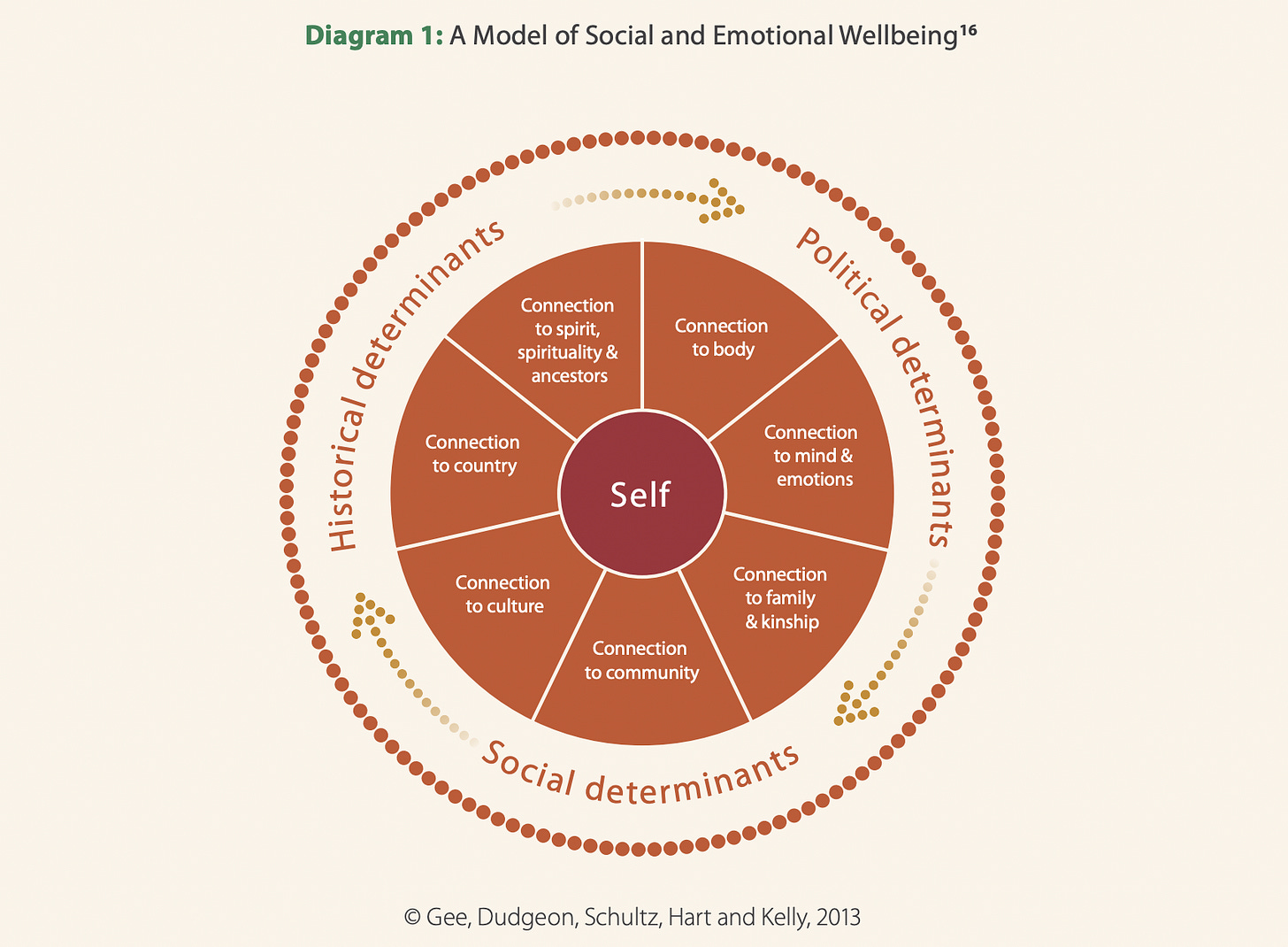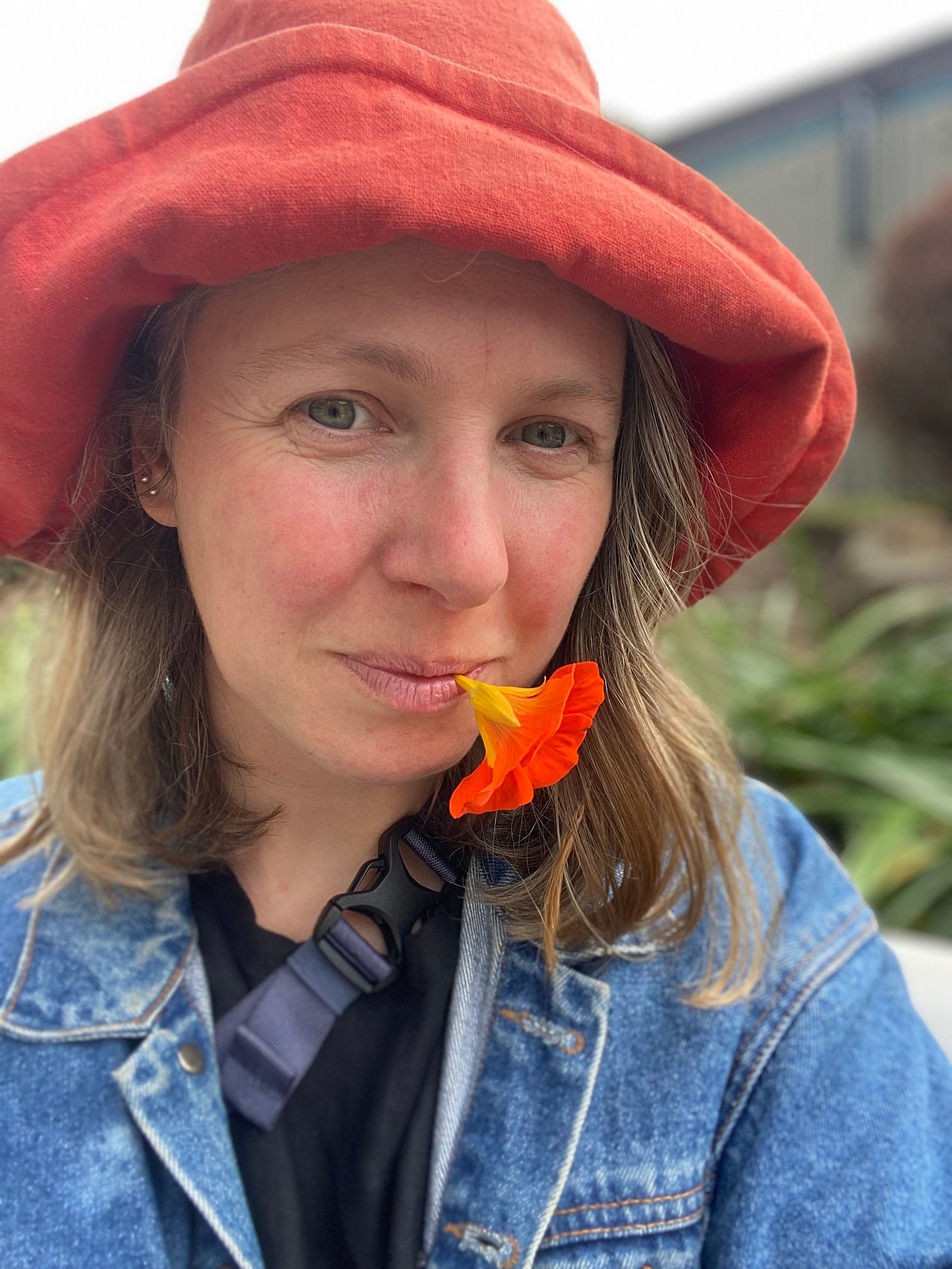Developmental theory and evolutionary purpose.
How the journey of becoming an adult can be applied to personal growth, business strategy and marketing.
For the past few years I have been fascinated by developmental theory – that is, how humans change and grow over time. I've been applying it to my personal journey of becoming a generative adult, integrating it into my marketing language, including it in program content, and introducing it as a tool to coaching clients.
Given that the evolution of humanity is happening in every moment – I am infinitely allured by the possibility that there could be some kind of structure and shared goal as to the direction of this growth. I realise this is utopian. My vision for restorative justice, equity and harmony between people and the planet is just one evolutionary path amongst an infinite amount of possibilities. And while I evoke my agency to dream, others will inevitably dream in different directions. (There is a side bar convo to be had here about free will and whether evolution can actually be influenced, but for the sake of my sanity, let's dare to dream that it can be.)
Before I get into the details of how I've been experimenting with developmental theory in my life and work, let's start with an overview. I'll remind my readers/listeners that I am not a psychologist or therapist – I share this from my personal research and experiences. Please do your own research and seek advice from a trained professional.
What is developmental theory?
From a Western science perspective, "Developmental psychology is a fascinating field of study that focuses on understanding and explaining human growth, development and changes throughout life. It examines how we as individuals develop not only physically and cognitively, but emotionally and socially as well – from infancy through to adulthood." (Source: University of Adelaide)
There are many models, and I have three that I use to influence me and my work.
Theory 1: Kegan's model of adult development
This academic mainstream Harvard-white-guy model has been developed by Professor Robert Kegan, whose theory lays out how a person’s way of meaning-making develops throughout the life course. This meaning-making includes the extent to which a person takes responsibility for the unfolding of events. In other words, the agency we bring to telling the story of our lives at any particular moment in time. His three stages of adult development and their characteristics are:
Socialised mind: Lives by the meaning systems of others, Ignores their own desires, Dependant on what others think of them, Challenged to stand by own values, or stand apart, Fear of judgement.
Self-authoring mind: Less engaged in what others think, Capacity to generate own meaning making, More objective view of constructed systems and expectations, See and value agency and distinctness in others, Capacity to tolerate conflict, Awareness of the construct of self.
Self-transforming mind: Perspective on own identity construction, Understanding the system of self is in continuous development, View the ‘other’ as part of oneself, Resist binaries and dichotomies, Reflections over outcomes, Knowledge is always partial.
Kegan says, the further we move along this framework, the more we build: Wisdom, Complexity, Agency and Connectivity. (Source: National Library of Medicine)
Theory 2: Bill Plotkin's Nature-based map of the human psyche
Bill Plotkin's book Wild Mind is absolutely one of the best books I've ever read (closely followed by another of his books The Journey of Soul Initiation). I have integrated his practical and life-changing teachings into my life the past three years –and it has been a source of strength and inspiration along the hairy self-initiation journey into adulthood.
Focussed on development from a place of wholeness Plotkin maps out the self and sub-personalities along with nature-based activities that use the wisdom of Nature and the strength of our wholeness to nurture our wounded parts.
A simplified example: If we are searching for perspective or a fresh approach to a challenge in ourselves or life, Plotkin guides an activity that involves sitting with the sunrise. With the sun rising anew everyday, we can learn from both its innocence (after all, every day is occurring for the first time), and we can learn from it as a sage (the ancient process of sunrise holds great wisdom).
Plotkin maps this out on the Intrapersonal level (how we relate to ourselves) as well as the Interpersonal view (how others see us, see map below). You can check out Plotkin’s Animas Institute and the book here.
Theory 3: Model of Social and Emotional Wellbeing: Aboriginal and Torres Strait Islander Mental Health and Wellbeing Principles and Practice
This is not a developmental framework by official definition, yet it is similar in its intention to support the development of health and identity within the contexts of culture, systems and society. I first learned about this from a Gunditjamara woman, and have since educated myself. As a non-Indigenous person, this is important for me to know so I can apply it with my First Nations clients, as well as support an internal decolonisation process as I integrate Indigenous perspectives into my worldview. It also acts as a guide for the systems change I can embody and advocate for.
The model says, "In broad terms, social and emotional wellbeing is the foundation for physical and mental health for Aboriginal and Torres Strait Islander peoples. It is a holistic concept which results from a network of relationships between individuals, family, kin and community. It also recognises the importance of connection to land, culture, spirituality and ancestry, and how these affect the individual."
In this model, "seven social and emotional wellbeing domains are optimally sources of wellbeing and connection that support a strong and positive Aboriginal and/ or Torres Strait Islander identity grounded within a collectivist perspective."
Applying the theory to real life and my/our evolutionary purpose
Here are some thought experiments I've been having (with myself, colleagues and clients) about human development.
The theory: on a personal level
Why does it feel so hard to be a generative adult? Why can it feel so challenging to parent myself, activate my agency, focus my energy, and remain connected to the ecosystems greater than myself?
What roles does society play in nurturing development in me (through schooling, community initiatives or social norms)?
What role can I play in nurturing and supporting others to navigate life's challenges so they have greater capacity to support themselves and others?
Am I in greater service by supporting development one-on-one through my mentoring and coaching, or through systems change and thought leadership? I guess I've never been able to choose between the two, and so I do both.
To what extent can I choose the direction I develop?
And to what extent is there a unique cellular intelligence bound up in my DNA and soul-path that has pre-determined my evolutionary purpose? That is, do I just need to get out of the way and allow my DNA and deep self to express itself?
The theory: In my business
How does the psychology of adulthood influence my marketing? If my work is centred around guiding people through growth, in what ways can I apply developmental theory to the way I speak to my audience? For example, if I have a program that takes someone on a journey from the socialised mind to the self-authoring mind, there is a need to balance meeting a potential client where they are at, and selling the outcomes of transformation. Too much emphasis on "the other side" will actually cause a disconnection because the development – and the capacity to cognitively understand – has not happened yet. In this case, my marketing needs to speak in a way that the socialised mind resonates with, whilst also speaking to the growth that it may be ready for. (Another side bar here is about how I've come to rely on the energetics of marketing outcomes in a show don't tell model.)
I recently worked with a Senior Leader who wanted to workshop ways to manage their team who are in a bit of a rut. There was a culture of complaining, whilst also underperforming. This leader is a systems-thinker, who understands that there is a bigger picture of policy dictating the boundaries social change. Together, we explored the capacity of their team to understand the system and its limits they are a part of – we determined there were some things that the team are not developmentally ready for, and other context that would be helpful for team morale. We also acknowledged that this can be an experimental process, testing and learning what level of detail to go into and when to gently manage expectations.
The theory: In the world of business
What is the role of an organisation's operations in supporting employees to grow? And how can policies, strategy and processes be shaped to meet people where they are at (supporting psychological safety) as well as consciously guiding growth?
What is the role of a company's vision in contributing to the evolution of humanity? It's easy for a business to have a self-serving vision, but what if it had a vision that was in service to the future of humanity?
Well, this is easily the longest newsletter I've written. I am observing the voice of judgement that says this is too much business and not enough poetry. But what could be more poetic than the unfolding of our individual and collective evolutionary purpose?
Come to think of it, in true meta fashion, this monthly writing is a practice of my evolutionary purpose in itself – of tuning into and trusting what is most alive in me, and that whatever flows out is what is ready to pop into the divine postal service of your inbox/algorithm. May it find you in developmentally divine timing.
And to end, here's a photo of me on Kabi Kabi / Gubbi Gubbi Country on the Sunshine Coast where I have spent the past two weeks. While waiting for the bus, Mauro popped into a community garden and got us some nasturtiums to nibble on.








I’m going to look for a copy of Wild Mind. As always, thank you for your writings x